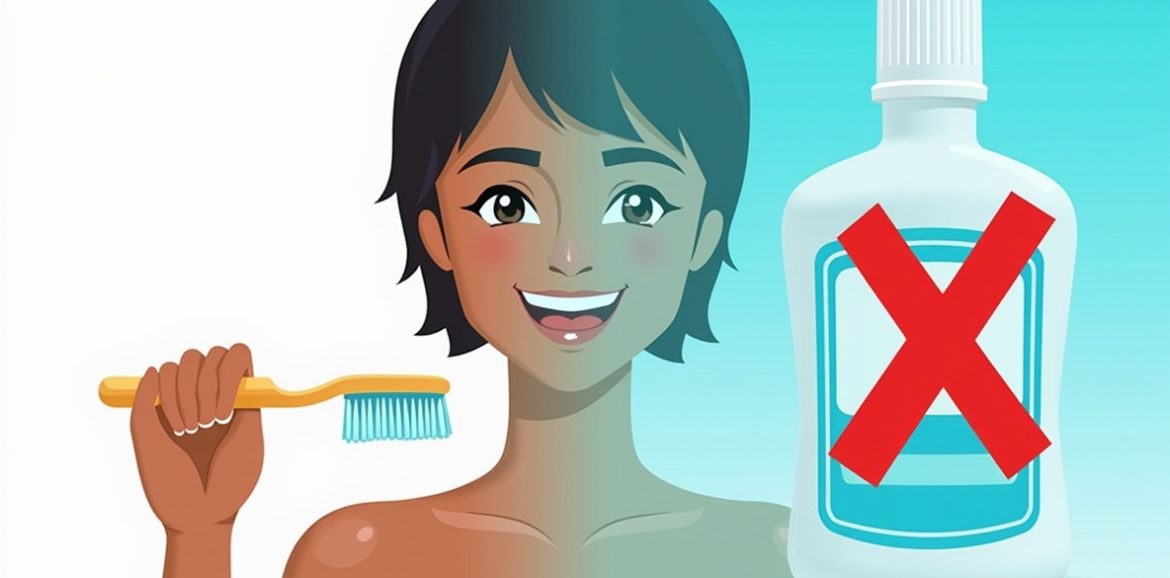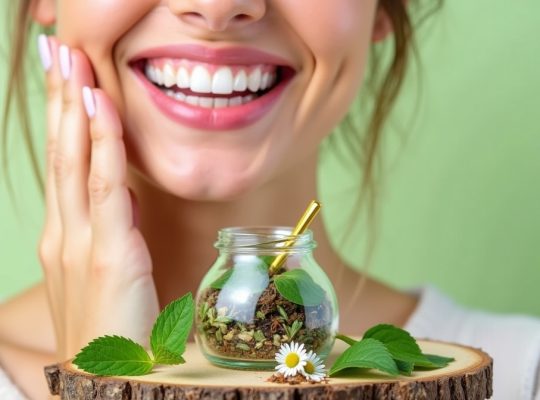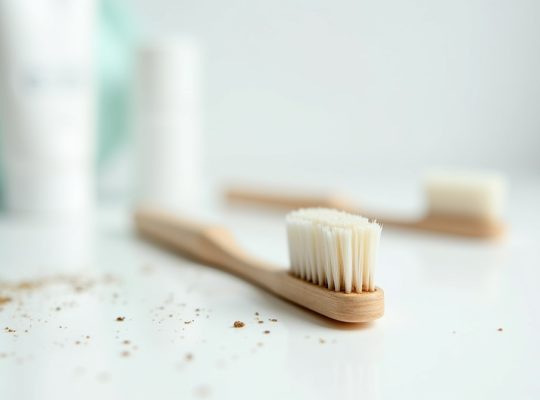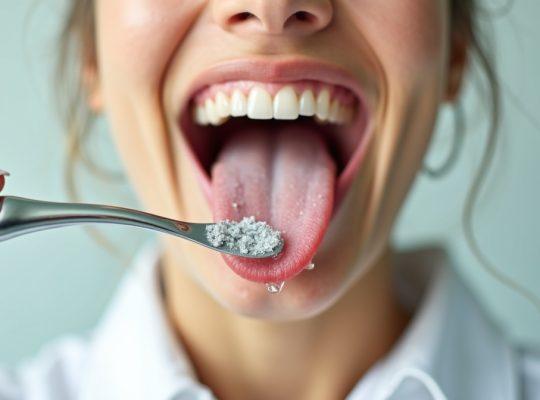Many people grab a bottle of mouthwash as their quick fix after a meal or just before bed. After all, it seems like an easy way to keep your mouth fresh without the hassle of brushing, right? But the truth is, mouthwash can’t replace the simple, yet effective, act of brushing your teeth. While it’s an excellent complement to your oral hygiene routine, it doesn’t provide the same level of cleanliness or protection. Let’s explore why mouthwash just doesn’t measure up to brushing.
The Role of Mouthwash in Oral Health
Mouthwash is often marketed as a one-stop solution for fresh breath, plaque removal, and bacteria control. However, its main purpose is more about giving the feeling of cleanliness rather than providing a long-term solution.
It may be great for a quick burst of freshness or to reach areas your toothbrush might miss, but it can’t tackle the heavy lifting required for overall oral health. Brushing your teeth is a more comprehensive approach, reaching every nook and cranny that mouthwash simply cannot.
Mouthwash Can’t Scrub Away Plaque and Food Particles
One of the biggest problems with relying on mouthwash alone is that it doesn’t physically scrub your teeth. Brushing your teeth is the only way to remove plaque and food particles effectively. Plaque is a sticky film of bacteria that forms on your teeth, and over time, it can harden into tartar, which leads to cavities and gum disease. Mouthwash may help reduce bacteria, but it cannot scrub away plaque the way brushing does.
Mouthwash Doesn’t Reach All the Areas
Brushing ensures that every surface of your teeth gets cleaned, from the front to the back, including the gum line. Mouthwash, on the other hand, tends to miss the areas where plaque builds up the most, like along the gum line or between teeth. Even if you swish for a minute, you’re still not getting the same level of contact and cleaning power that brushing provides.
The Benefits of Brushing Your Teeth
Brushing your teeth involves more than just making them look clean. It’s a detailed process that protects your overall oral health. Here’s why brushing should always be the cornerstone of your oral hygiene routine.
Removal of Plaque
Brushing is the most effective way to remove plaque that builds up on your teeth throughout the day. Plaque is a mixture of food particles, bacteria, and saliva that sticks to your teeth. When left on your teeth, plaque can lead to cavities, gum disease, and bad breath. The act of brushing physically scrubs this plaque off your teeth and gums, which is why it’s the best method for keeping your mouth clean.
Prevents Cavities and Gum Disease
Brushing regularly helps prevent cavities and gum disease. The fluoride in toothpaste helps to strengthen the enamel on your teeth, making them more resistant to decay. At the same time, brushing stimulates the gums, which improves blood circulation and helps keep them healthy. Without regular brushing, plaque will build up, leading to tooth decay and gum inflammation.
Freshens Your Breath for Longer
Brushing your teeth not only helps to clean the teeth but also removes the odor-causing bacteria from your mouth. While mouthwash may freshen your breath temporarily, it can’t tackle the root cause of bad breath, which is often linked to bacteria on your teeth and tongue. Brushing provides longer-lasting fresh breath because it physically removes bacteria.
Mouthwash and Its Limitations
While mouthwash has its place in an oral care routine, it should not be relied on as a substitute for brushing. It can be a useful addition, but it is not a replacement. Let’s take a deeper look at what mouthwash can and cannot do.
Mouthwash Helps with Bacteria Control
Some mouthwashes contain antibacterial agents that can help reduce harmful bacteria in the mouth. This can help with bad breath and minor infections. While this sounds promising, mouthwash can’t effectively remove all the bacteria in your mouth, especially the ones hiding in hard-to-reach areas like between your teeth. Brushing, combined with flossing, is the most effective way to remove bacteria.
Mouthwash Is Not a Complete Solution for Oral Health
Mouthwash can be a great tool for freshening your breath or providing extra bacteria control, but it doesn’t offer the same benefits as brushing. Brushing not only removes food particles and plaque but also strengthens your teeth and gums with fluoride and stimulates blood flow in your gums. Mouthwash can’t offer this same benefit, making it a supplementary, not primary, part of oral care.
Mouthwash Isn’t Effective for Preventing Plaque Build-Up
Plaque is the sticky substance that forms on your teeth after you eat. Over time, it can harden into tartar, which is much harder to remove. Mouthwash cannot remove plaque effectively. You need the mechanical action of brushing to disrupt and remove plaque. Without brushing, plaque will continue to accumulate, eventually leading to cavities and gum disease.
The Importance of a Complete Oral Care Routine
A complete oral care routine involves more than just mouthwash. Brushing, flossing, and mouthwash all play a role in keeping your mouth healthy. Each part of the routine addresses a different aspect of oral health.
Brushing for Clean Teeth
Brushing is the foundation of your oral hygiene routine. It removes food particles, plaque, and bacteria from the surface of your teeth, ensuring they remain clean and healthy. Brushing twice a day with fluoride toothpaste is the most effective way to maintain good oral health.
Flossing for Between the Teeth
Flossing is the key to cleaning between your teeth, where your toothbrush can’t reach. Floss helps to remove plaque and food particles from between your teeth and under your gum line. This step is crucial in preventing cavities and gum disease.
Mouthwash for Fresh Breath
Mouthwash can be used to freshen your breath and reduce bacteria in the mouth. However, it should be used after brushing and flossing, not as a replacement. Mouthwash can also help with issues like gingivitis and minor infections, but it should never replace proper cleaning techniques.
Final Thoughts
Mouthwash might be convenient, but it simply cannot replace the thorough cleaning provided by brushing. Brushing your teeth removes plaque, prevents cavities, and keeps your gums healthy. While mouthwash has its place in an oral hygiene routine, it’s not a substitute for the basic steps of brushing and flossing.
To maintain optimal oral health, stick to the tried-and-true method of brushing twice a day, flossing daily, and using mouthwash as a supplemental step. Remember, good oral hygiene is not just about having fresh breath—it’s about taking care of your teeth, gums, and overall well-being.






